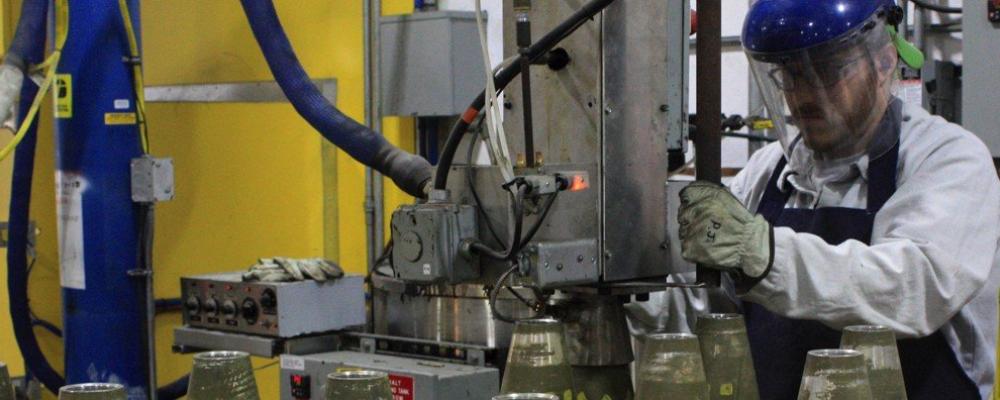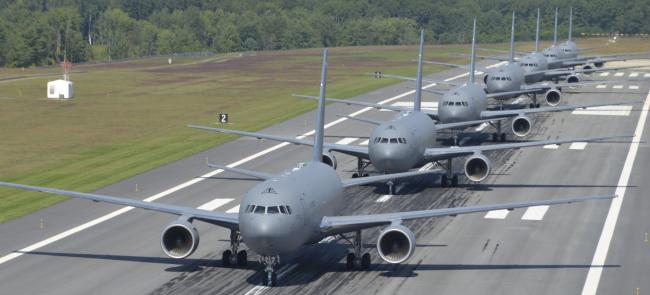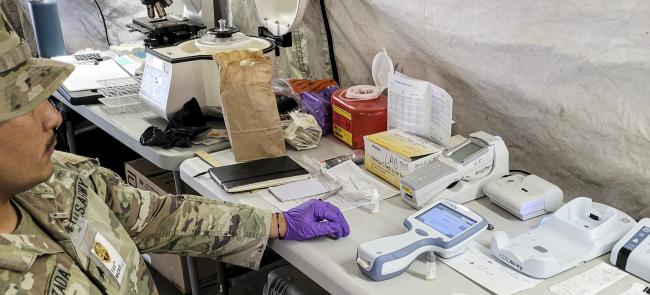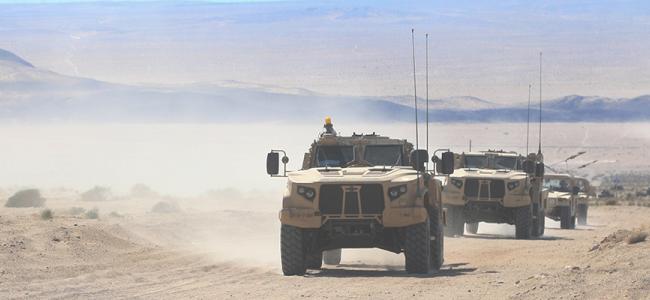
The U.S. military would run out of bombs, missiles and other weapons in a matter of days at the onset of a full-scale war with China.
That was the takeaway from a Dec. 5 hearing of the House Select Committee on the Chinese Communist Party titled "Rebuilding the Arsenal of Democracy: The Imperative to Strengthen America’s Defense Industrial Base and Workforce."
The hearing aimed to take a deep dive into what is broken — and how to fix it — when it comes to the race for military and industrial dominance with China.
Experts called for emergency measures to rebuild the American defense industry and deter an armed conflict with Beijing.
"A great power conflict would be a war of production, attrition and regeneration at scales that are nearly unfathomable to our defense industrial base," said Christina Brose, the chief strategy officer for Anduril Industries, a defense technology company. "If such a conflict were to occur, we may be ready for day one, but we are utterly unprepared for day 30, let alone day 300."
Brose’s testimony was not news to the House panel, which staged a war game last month that showed the defense industrial base is stretched too thin to sustain a protracted war, especially when it comes to its ability to rapidly produce munitions.
"Our defense industrial base lacks the capacity to deter and win a fight with the PRC," said Rep. John Moolenaar, R-Mich., the committee chairman, using the acronym for the People’s Republic of China.
Moolenaar said U.S. defense firms cannot innovate rapidly and supply chains for key defense components are vulnerable to China’s coercion and manipulation.
Rep. Raja Krishnamoorthi, D-Ill., the committee’s ranking Democrat, agreed.
"History tells us we need a healthy defense industrial base now to deter aggression and make sure the world’s dictators think again before dragging the U.S. and the world into yet another disastrous conflict," Krishnamoorthi said.
Part of the problem, testified William C. Greenwalt, a defense analyst with the American Enterprise Institute, a Washington, D.C.-based think tank, is a lack of competition in the defense sector, which has contracted sharply in recent years into a small number of firms.
"Just as was the case in the Soviet Union, centrally planned, linear, predictive processes and hubristic mindsets have destroyed innovation and creativity," Greenwalt said.
He said 25 years of outsourcing the industry to China has produced rising uncertainty about the security and reliability of American defense base supply chains.
Greenwalt called for the creation of a defense industry board to resolve these vulnerabilities.
"It is now time to act and take measures to improve the defense industrial base and build a new arsenal of democracy," he said.
Video of — and a transcript from — last week's hearing are available here.
— By John Goheen









